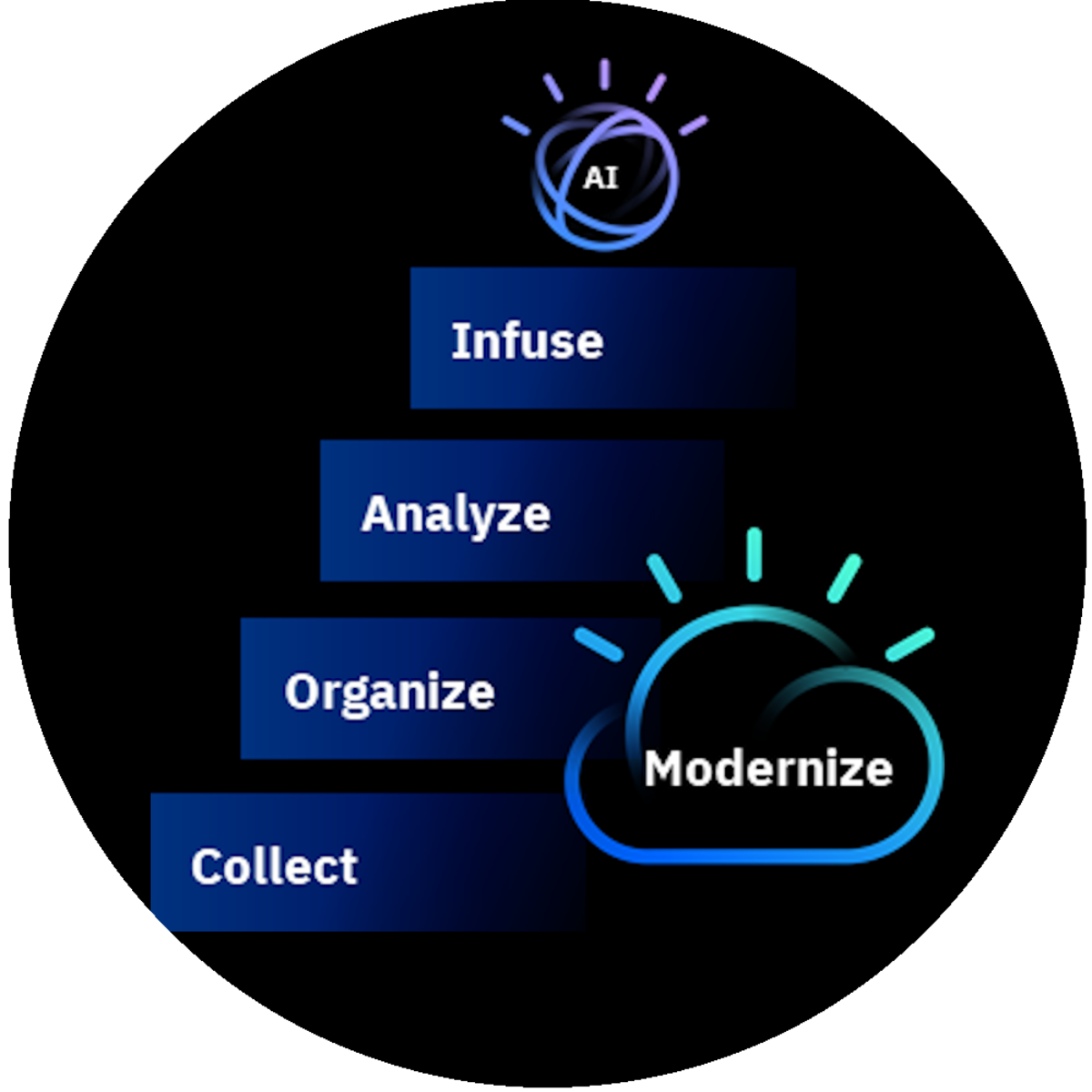Back to Courses









Information Technology Courses - Page 51
Showing results 501-510 of 1471

Deploy a Web App on GKE with HTTPS Redirect using Lets Encrypt
This is a self-paced lab that takes place in the Google Cloud console.
This lab shows you how to deploy a web app with a browser-trusted TLS certificate. You also deploy an HTTPS redirect on GKE using Let's Encrypt, NGINX Ingress, and Cloud Endpoints.

Get Started with R Markdown
Welcome to this project-based course, Get Started with R Markdown. This project-based course is for people who are learning R and seek useful ways to organize their work in R. We will start this hands-on project with an overview of the project; then, we will get familiar with the RStudio interface and install the rmarkdown package. Be rest assured that you will learn a ton of good work here.
In this project, you will learn about R Markdowns and its’ usefulness to you as an R user. By the end of this 2-hour long project, you will be able to create an R Markdown, understand the different components of the file, knit the file as an HTML document or a pdf document and write some R Markdown commands. By extension, we will learn how to publish the knitted document on RPubs.
This project aims at learners looking to get started using the R programming language to create reproducible documents. There are no hard prerequisites, and any competent computer user should complete the project successfully.

DevOps on AWS: Operate and Monitor
The third and the final course in the DevOps series will teach how to use AWS Services to control the architecture in order to reach a better operational state. Monitoring and Operation are key aspects for both the release pipeline and production environments, because they provide instruments that help discover what's happening, as well as do modifications and enhancements on infrastructure that is currently running.
This course teaches how to use Amazon CloudWatch for monitoring, as well as Amazon EventBridge and AWS Config for continuous compliance. It also covers Amazon CloudTrail and a little bit of Machine Learning for Monitoring operations!

Version Control
Learn how modern software developers collaborate across the world without messing up each other's code. You will look at the different version control systems and how to create an effective software development workflow. You will be introduced to some of the most commonly used Linux commands that you can use to work with files on your hard drive and create powerful workflows that will automate your work, saving you time and effort.
Finally, you will see how Git can be used in software development projects to manage team files. And you will create a repository that can manage code revisions.

SAP Professional Fundamentals
SAP Professional Fundamentals is the first course in the SAP Technology Consultant Professional Certificate program. The course introduces you to the world of consulting and the range of skills that you need to succeed in this competitive field.
You’ll explore SAP professional consulting roles and discover what technical consultants, functional consultants, and other professionals do. You’ll investigate the wide range of skills consultants need to have, for example strategic thinking, business process analysis, systems and design thinking, and understanding data, as well as effective soft skills, communication and relationship management. You’ll explore various planning and project management methodologies such as Waterfall, Agile, DevOps, and Cloud. Plus, you’ll start to get a feel for the whole SAP journey, from engaging with the customer to deploying a solution.
By the end of this course, you will be able to:
Explain what is meant by the SAP ecosystem and the value it brings to customers.
Describe what different SAP professionals do and how they engage with customers.
Understand the core and soft consulting skills that are both in highest demand, and frequently not taught in classroom environments.
Describe a typical SAP engagement and how key professional skills are used at each stage of the SAP Implementation Lifecycle.
Describe key roles with whom an SAP professional typically collaborates.

Introduction to Android Mobile Application Development
This course is an ideal stepping stone if you want to become a mobile developer. We’ll introduce you to this career path and give you a high-level overview of programming and the tools needed to develop Android applications.
Explore the Android Studio and the fundamental concepts of Android app development. Learn about operating systems and different platforms for creating mobile apps. You’ll conclude your introduction to Android application development by building out each aspect of a guided project.

Cloud CDN
This is a self-paced lab that takes place in the Google Cloud console. In this lab, you configure Cloud CDN for a backend bucket and verify caching of an image.

Amazon Event Bridge and Lambda
This Course will be a 2-part series that will walk you through the Lambda functions and a recent service called Event Bridge.
In this Course, we will create 2 EC2 instances using an AWS service called Cloud Formation and we will test different types of Lambda functions using the EC2 instances.
You will get a real time experience of working with Lambda and Event Bridge.
We will see how to manually invoke/ trigger the Lambda functions and also we will create a simple event driven architecture using Lambda and Event Bridge.
As mentioned earlier, this course has 2 sections. In the first section, we will create 2 Lambda functions, one to start the EC2 instance and the other one is to stop the EC2 instances. Then, we will manually invoke these lambda functions and test it using the EC2 instances.
The second part comprises of Event Driven invocation of Lambda function. In this part, we will configure an Event Bridge to monitor the specific state change to "STOP" of a specific Ec2 instance and will set the target as a Lambda function which will RESTART that Ec2.

Configure Replication and Enable Point-in-Time-Recovery for Cloud SQL for PostgreSQL
This is a self-paced lab that takes place in the Google Cloud console. In this lab you will configure and test point-in-time recovery for a Cloud SQL for PostgreSQL instance.

The AI Ladder: A Framework for Deploying AI in your Enterprise
This course is intended for business and technical professionals involved in strategic decision-making focused on bringing AI into their enterprises. Through the use of a conceptual model called “The AI Ladder”, participants in this course will learn the requirements, terms and concepts associated with successfully developing and deploying AI solutions in their enterprises. After completing this course you will be able to explain and describe each of the steps required to ensure success when you build and deploy AI solutions in your business enterprise.
Popular Internships and Jobs by Categories
Browse
© 2024 BoostGrad | All rights reserved


